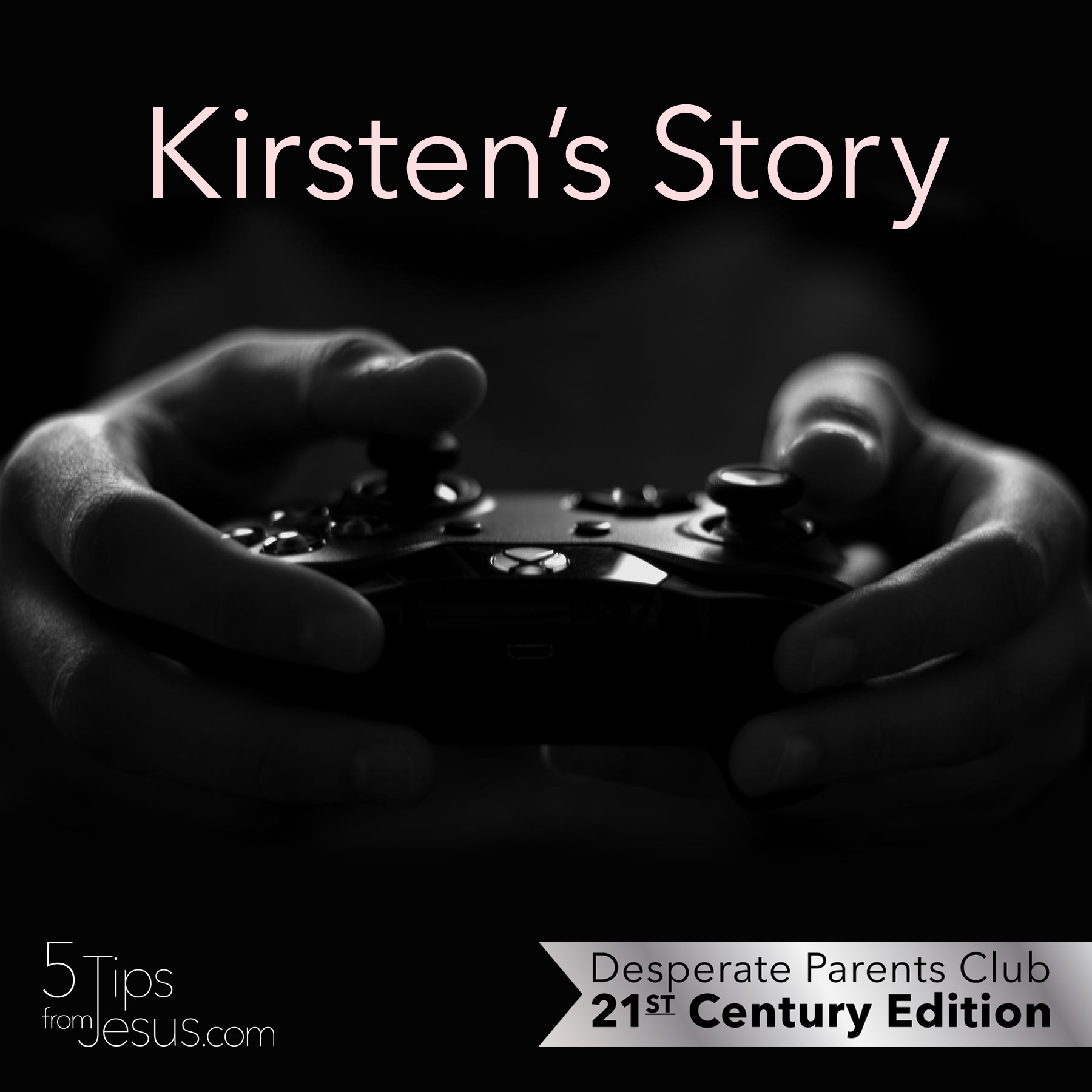
Kirsten and Paul sent their son Neal off to college like most parents, filled with pride and dreams for his future. Despite learning disabilities–dysgraphia, an extremely low processing speed–and an ADD diagnosis, he had graduated from high school as an honor student. They talked to him about the challenges that would come with college, but also the great experiences he would have with marching band, campus events, and new friends.
When Neal came home for Christmas break Kirsten observed some concerning issues. Her six-foot-four son had always been thin, but his gaunt face and protruding shoulders took her by surprise. Usually sweet and affectionate, he was now withdrawn and uncommunicative. He stayed up until 3am and slept until mid-day. But what they really needed to discuss was his academic probation.
To help him succeed in the next semester they changed some courses and hired an academic coach to meet with him once per week online. Kirsten also started paying closer attention to his behaviors–as much as she could from a distance. She checked his meal plan charges, tracked his location on a cell phone app, and talked to his roommate about how he was spending his time.
By spring break she had reached a distressing conclusion. He was addicted to computer gaming. He left his room only to go to class–though his grades were falling rapidly. He turned down all invitations from friends to go out. He typically ate no more than once a day. He became primarily nocturnal. He was pale, mean and nasty, and motivated by nothing beyond gaming. Though he wasn’t ready to admit it, he was stuffing both mentally and physically.
Kirsten decided to let him finish the semester while she took the time to research options and get her husband on board. The latter part took some convincing, but by this time the problems were undeniable. When Neal came home for the summer they were ready to act.
All of that was the easy part. It was about to get a lot more painful–starting with an intervention.
Trying to find the right balance of tough love, and unsure how he would react, they laid out their concerns and a plan to move forward. He would not be going back to college in the fall. If he wanted to live in their house he would need to meet with doctors and therapists to address his addiction and follow their recommendations. After initial denial and resistance, he agreed to the plan.
At that time the World Health Organization had not yet classified digital or video gaming as a disorder. There were very few experts or treatment options available in this emerging field–and insurance covered none of it. A rehabilitation center was cost-prohibitive so they focused on therapy. Finding a psychiatrist with some experience in this area they began sessions that sometimes involved the whole family, including their younger son.
The next year was an extreme test for all of them. Therapy will only work if the person works with it. There are physical withdrawal symptoms for a gaming addiction like with any substance. And, like many addicts, Neal went down the road of lies and deception to get his particular “fix.” Kirsten and Paul often disagreed about how to help him. The fighting, yelling, and stress affected everyone in the house.
Kirsten’s guiding principle was to do anything necessary to put Neal on a path toward health and eventual independence. She often felt like that made her the bad guy. Though it was the hardest thing she’s ever done she stood her ground and made the tough decisions. She knew he hated her for it. She wondered if she was giving up ever having a good relationship with her son again.
Where was Jesus in all of this? As a longtime christian, of course Kirsten prayed for Neal. And she was honest with God about the battery of emotions that assaulted her. Some days she got angry with God. Some days she felt overwhelmed with guilt that everything was her fault. Occasionally she mourned the loss of her dreams for Neal. And sometimes she was simply grateful that they weren’t dealing with something worse, like an illegal drug addiction or a fatal disease.
When Kirsten joined a Five Tips from Jesus for Desperate Parents small group study, two of the tips struck home for her. The first was, “Persistently advocate for your child.” This was her job, her reason for living. Knowing that Jesus encouraged parents to fight for their children reinforced her determination on behalf of her son.
“Go your way,” also understood as, “Find your normal,” was the other tip she needed to hear. On one level it freed her from the feeling that everyone was judging how she handled their situation. On another level she realized that she had been judging others’ parenting choices. This new perspective helped her release judgment to focus on things that really matter.
Two years after Neal’s intervention things are improving, but by no means complete. He works full-time at a fast food restaurant and takes some classes. He lives in his parents’ basement–paying a modest rent. He’s learning to reintroduce technology into his life–in moderation. While his motivation is still low and he doesn’t fully recognize that he has an addiction, he is no longer full of hate and self-destruction. His family and friends are beginning to see the guy they know and love emerge again. And his mother? She’s prepared for the long haul, no matter what that looks like.
Do you have a desperate parent story that could encourage others?
Please contact kia@kiahunt.com to learn more.
 |
 |
Copyright © KiaHunt.com 5tipsfromjesus.com